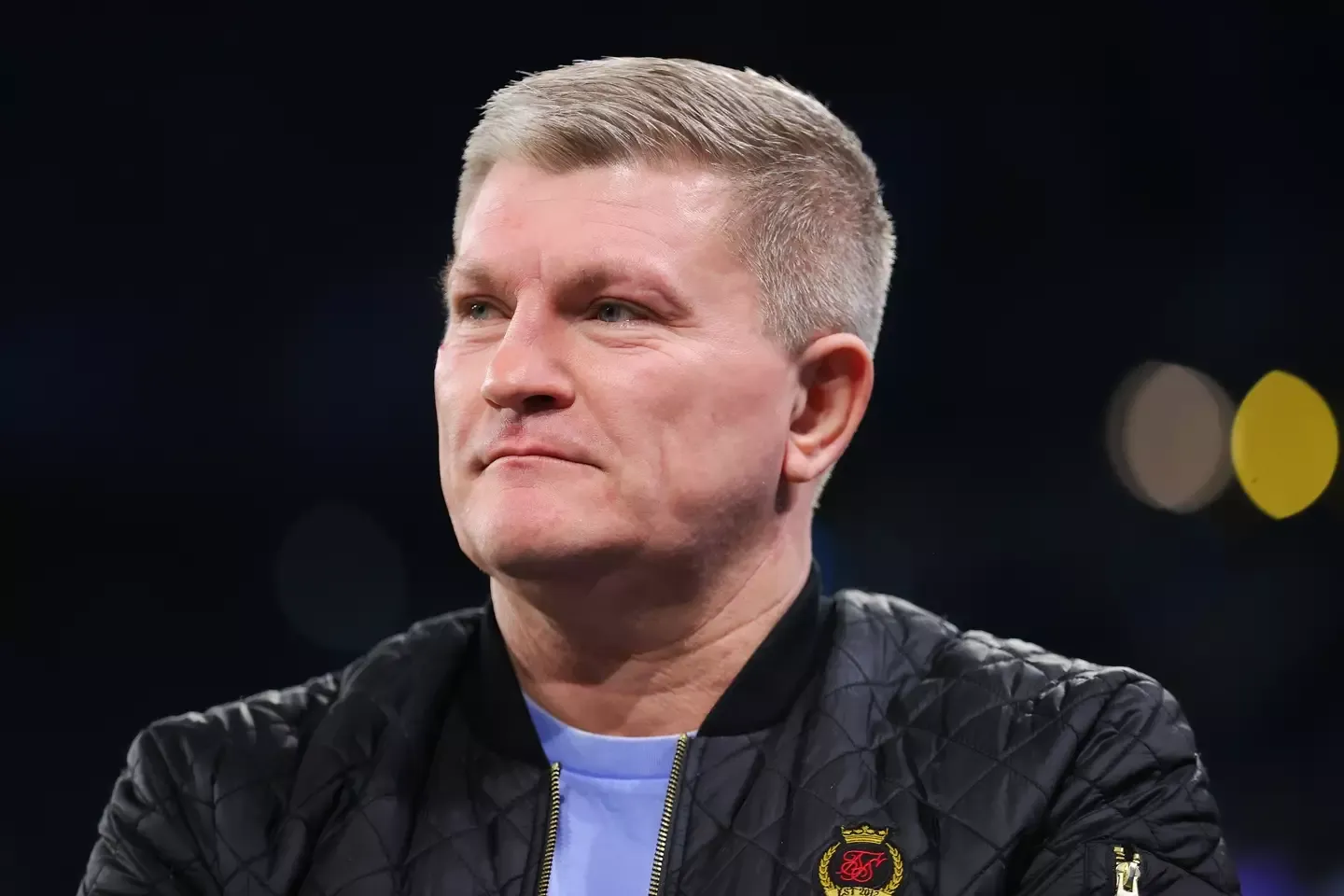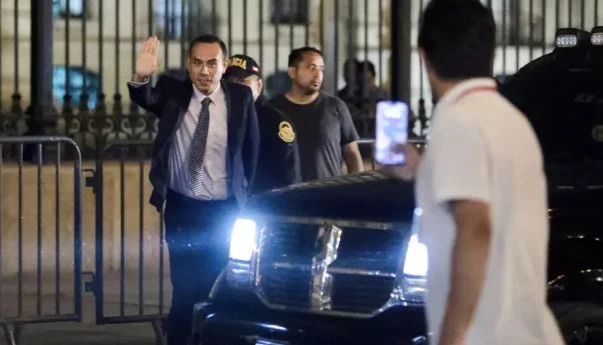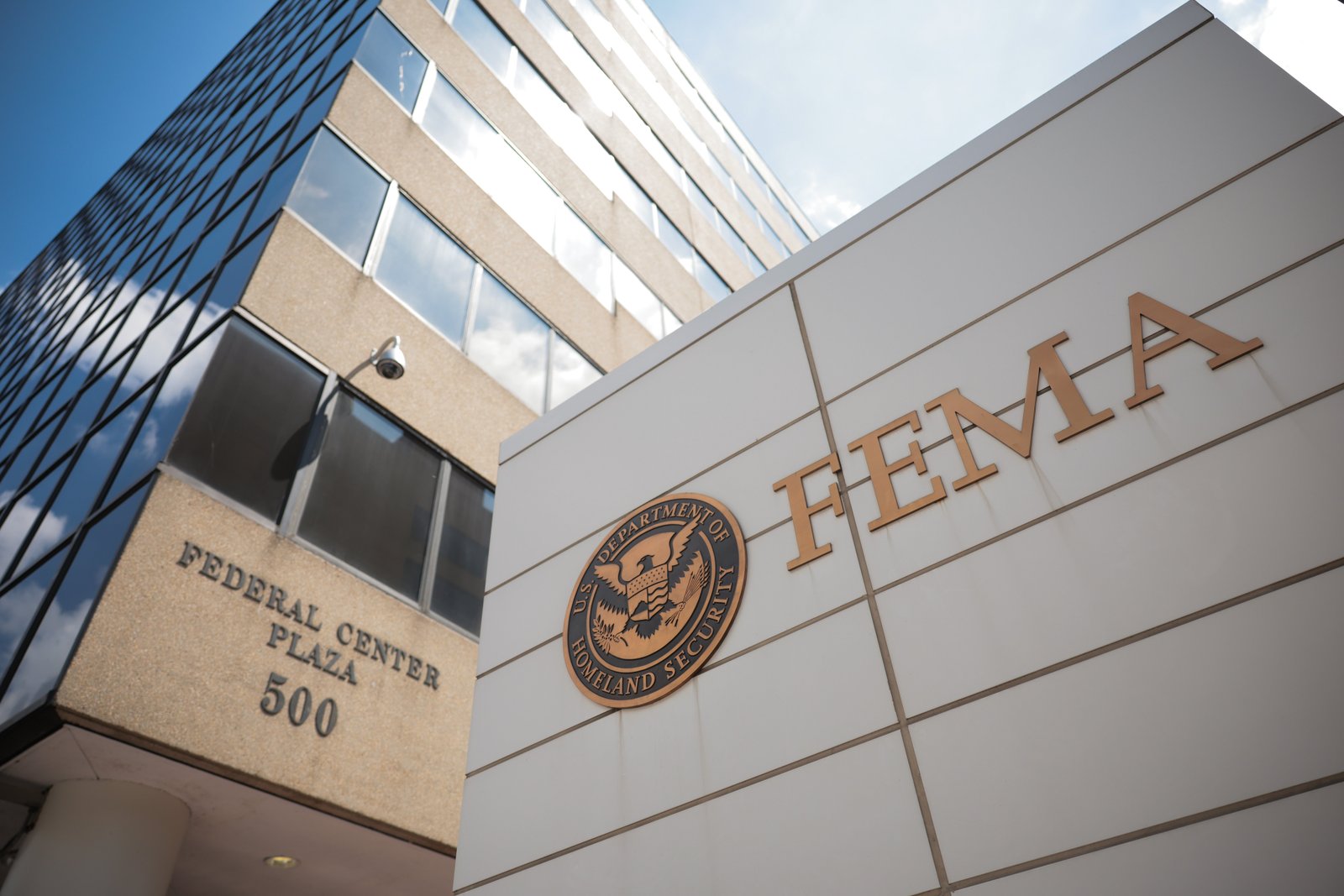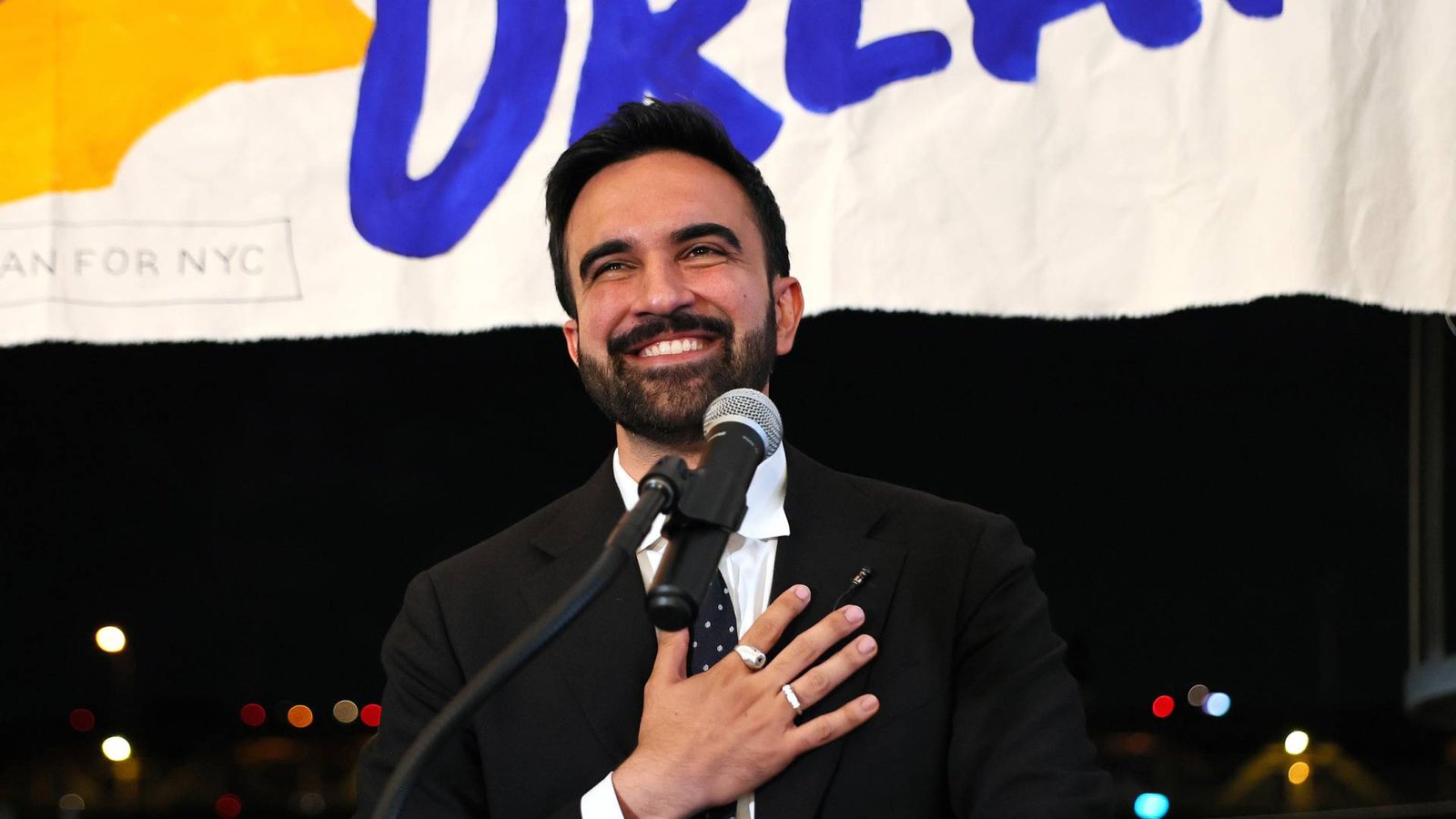Ricky Hatton, the former world boxing champion and one of Britain’s most popular sports figures, has died at the age of 46. He was found at his home in Greater Manchester early Sunday morning. Police confirmed there were no suspicious circumstances. “Officers were called by a member of the public to attend Bowlacre Road, Hyde, Tameside, at 6:45 a.m. today where they found the body of a 46-year-old man,” Greater Manchester Police said in a statement. Officials said they were working closely with the family during this difficult time.
News of Hatton’s death sent shockwaves through the boxing community. Friends, fellow fighters, and fans quickly paid tribute to a man widely regarded as one of the country’s greatest champions. “Today we lost not only one of Britain’s greatest boxers, but a friend, a mentor, a warrior, Ricky Hatton,” former world champion Amir Khan wrote on X. Heavyweight champion Tyson Fury also shared his grief, posting photos of the two together. “There will only ever be one Ricky Hatton. Can’t believe this, so young,” Fury said. Hatton’s former manager, Frank Warren, described him as a “superbly talented fighter who inspired a generation of young boxers and fans in a way very few had done before.”
Known for his relentless style and down-to-earth personality, Hatton built a massive fan base in Britain and beyond. He won world titles at both light-welterweight and welterweight and shared the ring with some of the best fighters of his generation. Hatton’s breakout moment came in 2005, when he defeated Kostya Tszyu in Manchester to win the IBF super lightweight title. In front of 22,000 fans, Tszyu was forced to retire on his stool. Hatton later called it the greatest victory of his career. The win launched him onto the world stage, where he went on to face Floyd Mayweather Jr. in 2007 and Manny Pacquiao in 2009. Although he lost both bouts, the fights cemented his status as one of the sport’s biggest names.
After suffering defeats to Mayweather and Pacquiao, Hatton retired in 2009. However, he battled personal struggles including depression, drinking, and weight gain. In 2012, he staged a remarkable comeback, losing to Vyacheslav Senchenko but winning admiration for his determination to return. Hatton later became a successful trainer, guiding Zhanat Zhakiyanov to a world bantamweight title in 2017. Earlier this year, he announced plans for a professional return in December against Eisa Al Dah in Dubai, sparking excitement for a final chapter in his storied career.
Hatton’s charisma and humility made him one of Britain’s most beloved sportsmen. He was open about his mental health battles, encouraging others to speak up. “Sometimes the hardest fight happens in silence, in the mind. Mental health isn’t weakness. It’s part of being human,” Khan said in tribute. Beyond boxing, Hatton was a lifelong supporter of Manchester City. The club announced it would hold a minute of appreciation during Sunday’s derby against Manchester United. “Ricky was one of City’s most loved and revered supporters,” the club said in a statement. “He will always be remembered for a glittering boxing career that saw him win world titles at welterweight and light-welterweight.”
Ricky Hatton’s death news has left fans mourning across the world. His career brought unforgettable nights of boxing glory, while his openness about life’s struggles made him relatable far beyond the ring. For many, Hatton was more than a fighter—he was a symbol of resilience, humility, and courage. His legacy will remain as one of the brightest chapters in modern boxing history.







